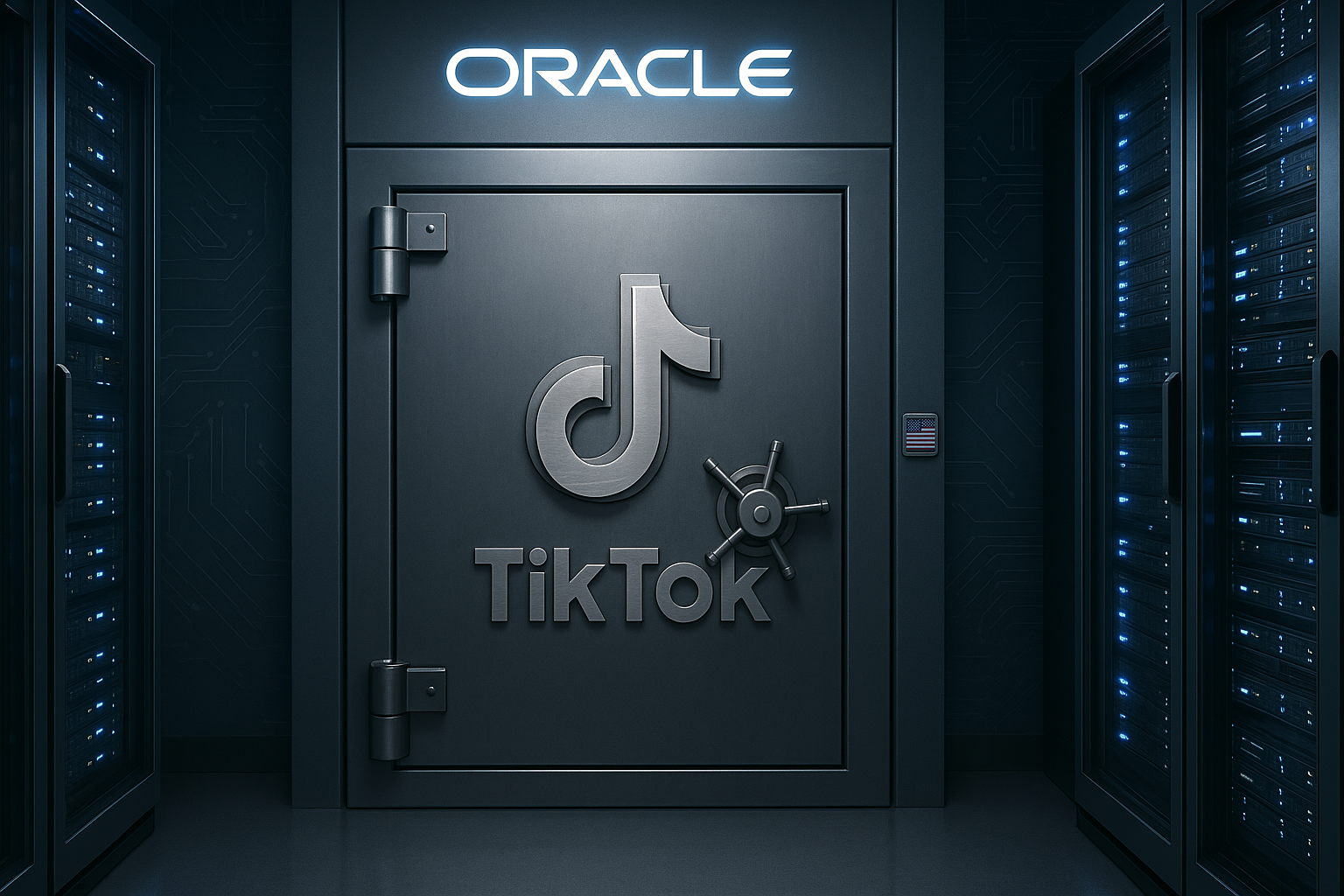The TikTok saga has taken yet another bizarre turn. Oracle—yes, that Oracle, the database company your IT department probably deals with—has somehow positioned itself as the chosen guardian of TikTok's algorithmic crown jewels in a deal apparently blessed by former President Trump.
Look, we need to acknowledge something right away: this whole arrangement is weird. Really weird. It's like watching a corporate custody battle where nobody quite understands what they're fighting over, but everyone agrees it's incredibly valuable.
The deal taking shape would have Oracle providing a "secure cloud" for American user data with security controls supposedly robust enough to keep Chinese fingers out of the American digital pie. ByteDance, the Chinese company that created and owns TikTok, would essentially surrender control of both user data and—crucially—the recommendation algorithm that powers the platform in the U.S.
I've covered tech policy battles since the early days of the social media era, and I've never seen anything quite like this. It's not a sale, not quite a partnership, and definitely not business as usual.
What makes this particularly fascinating (or troubling, depending on your perspective) is how it represents a fundamental shift in how we think about digital borders. We're creating a world where apps might look identical from country to country but operate on entirely different technological infrastructures with different overseers. Same storefront, different basement.
The Suez Canal comparison feels apt—technically one thing, practically another, politically... complicated.
But can Oracle actually recreate TikTok's secret sauce? That algorithm is the result of years of development and mountains of user data. It's what keeps teenagers (and, let's be honest, plenty of us older folks) scrolling endlessly through dance videos and cooking hacks. Rebuilding it isn't like copying a recipe—it's more like trying to clone a chef's palate.
And the intellectual property questions! My god, the IP questions. (I spoke with several tech lawyers off the record who used phrases I can't print here.) If Oracle is "recreating" ByteDance's algorithm, what exactly does that mean in legal terms? Are they reverse-engineering it? Building a parallel system? And who owns what when this is all done?
The precedent this sets is equally thorny. American tech executives are undoubtedly watching with a mixture of fascination and dread. After all, if the U.S. can force this kind of arrangement on a foreign company, what's to stop China—or India, or the EU—from demanding similar concessions from American firms?
There's something deliciously ironic about Oracle—a company whose products are about as far from viral dance trends as you can get—becoming the custodian of Gen Z's digital playground. Larry Ellison, a man who probably couldn't name a single TikTok star if his next yacht depended on it, now has his company's fingerprints all over the platform's future.
Wall Street seems cautiously optimistic, with Oracle's stock ticking up on the news. But this deal has more potential obstacles than a political obstacle course. Washington regulators could still throw up roadblocks, and Beijing has already adjusted export controls that could potentially prevent ByteDance from transferring its precious algorithm overseas.
In the end, what we're seeing is corporate diplomacy trying to patch over a fundamental geopolitical rift. It's messy. It's complicated. It might not work.
And in 2023? That feels about right.
